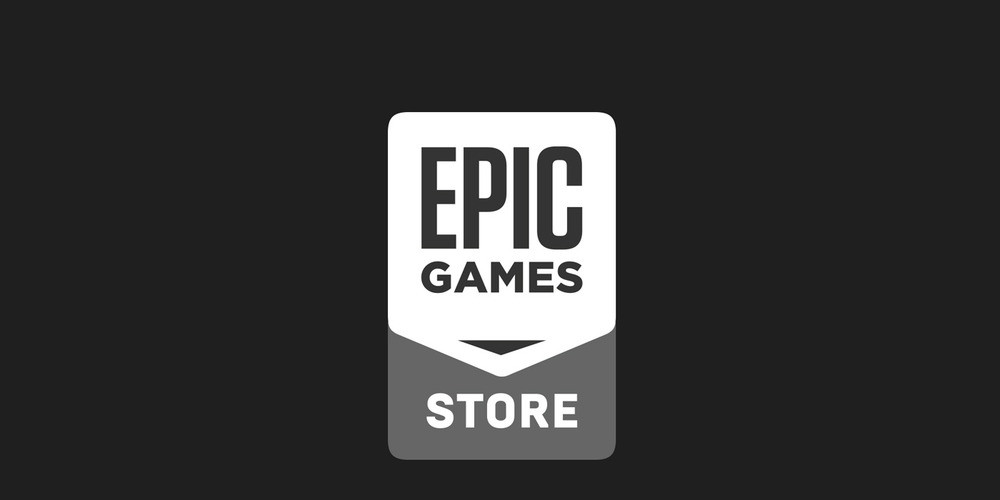Digital Revolution in the EU: Epic Games Store Arrives on iOS

The digital landscape for mobile gaming and app distribution within the European Union is poised for a seismic shift. With Apple's recent announcement, the long-standing exclusivity of its App Store is set to be broken, paving the way for alternative app marketplaces to enter the iOS ecosystem. This change, driven by the EU's robust Digital Markets Act (DMA), marks a momentous turn in the ongoing saga between app developers, distribution platforms, and regulatory bodies seeking to foster a more competitive and open digital market.
At the heart of this evolution is the arrival of the Epic Games Store on iOS devices in the EU. This development is not just a win for Epic Games but signifies a broader movement towards diversifying the sources from which iPhone users can download apps and games. For years, the App Store has been the sole gateway for iOS applications, but with the DMA's implementation, tech giants are now required to open their doors to competitors. This shift is expected to inject a fresh burst of innovation and competition into the app market, potentially leading to better prices and services for consumers.
The reconciliation between Epic Games and Apple comes after a tumultuous period marked by legal battles and public disputes. The core of the contention was Epic's attempt to bypass Apple's payment system within Fortnite, leading to the game's removal from the App Store in 2020. The reintroduction of Fortnite, via the Epic Games Store, to Apple's platform is not just a significant move for both companies but also a clear indication of the changing tides in app distribution policies influenced by regulatory actions.
For users in the EU, the implications of these changes are vast. Beyond the return of Fortnite, they will gain access to a wider array of app stores and services, including game streaming platforms that were previously hindered by restrictive policies. This not only enhances user choice but also encourages developers to innovate and expand their reach without being tethered to the stringent terms set by a single distributor. The open ecosystem is likely to foster a more vibrant and diverse digital marketplace, benefiting all stakeholders involved.
In conclusion, the arrival of the Epic Games Store on iOS within the EU is a watershed moment that reflects the broader shifts in the digital economy towards openness and competition. As the landscape evolves, it will be fascinating to watch how these changes impact app development, distribution, and consumption. The EU's proactive stance in shaping a fair digital market sets a precedent that other regions may follow, potentially leading to a global rethinking of how digital platforms operate. For now, European users can look forward to a richer, more competitive app ecosystem that promises to bring new experiences and opportunities to their fingertips.
Latest posts
See more-
![The Last of Us Part II: In-Depth Character Analysis and Storyline Exploration]() Editor’s Choice
2024-08-11
The Last of Us Part II: In-Depth Character Analysis and Storyline Exploration
The Last of Us Part II is an action-adventure video game that has gained significant popularity since its inception. Developed with immense creative prowess by...
Editor’s Choice
2024-08-11
The Last of Us Part II: In-Depth Character Analysis and Storyline Exploration
The Last of Us Part II is an action-adventure video game that has gained significant popularity since its inception. Developed with immense creative prowess by...
-
![CrossCode Developer Announces Alabaster Dawn, Enters Early Access in Late 2025]() News
2024-08-12
CrossCode Developer Announces Alabaster Dawn, Enters Early Access in Late 2025
In 2021, Radical Fish Games initially introduced a new action RPG titled Project Terra. Now, they have officially named it Alabaster Dawn and announced that...
News
2024-08-12
CrossCode Developer Announces Alabaster Dawn, Enters Early Access in Late 2025
In 2021, Radical Fish Games initially introduced a new action RPG titled Project Terra. Now, they have officially named it Alabaster Dawn and announced that...
-
![Alabaster Dawn Planned to Have 30-60 Hours of Playtime, Demo Launching in Early 2025]() News
2024-08-13
Alabaster Dawn Planned to Have 30-60 Hours of Playtime, Demo Launching in Early 2025
Radical Fish Games has made an exciting announcement regarding their upcoming action RPG, Alabaster Dawn, which is set to enter early access in 2025. In...
News
2024-08-13
Alabaster Dawn Planned to Have 30-60 Hours of Playtime, Demo Launching in Early 2025
Radical Fish Games has made an exciting announcement regarding their upcoming action RPG, Alabaster Dawn, which is set to enter early access in 2025. In...
Latest Reviews
See more-
![]() Action
Cult of the Lamb
Action
Cult of the Lamb
-
![]() Action
WILD HEARTS™
Action
WILD HEARTS™
-
![]() Casual
Gacha Club
Casual
Gacha Club
-
![]() Action
Call of Duty®: Warzone™ 2.0
Action
Call of Duty®: Warzone™ 2.0
-
![]() Action
Gacha Cute
Action
Gacha Cute
-
![]() Action
Cuphead - The Delicious Last Course
Action
Cuphead - The Delicious Last Course










